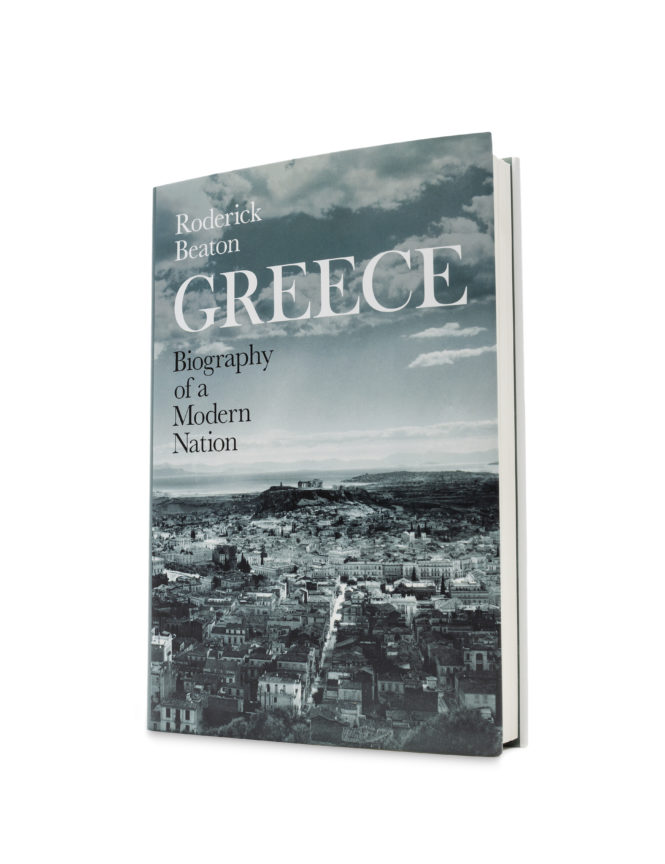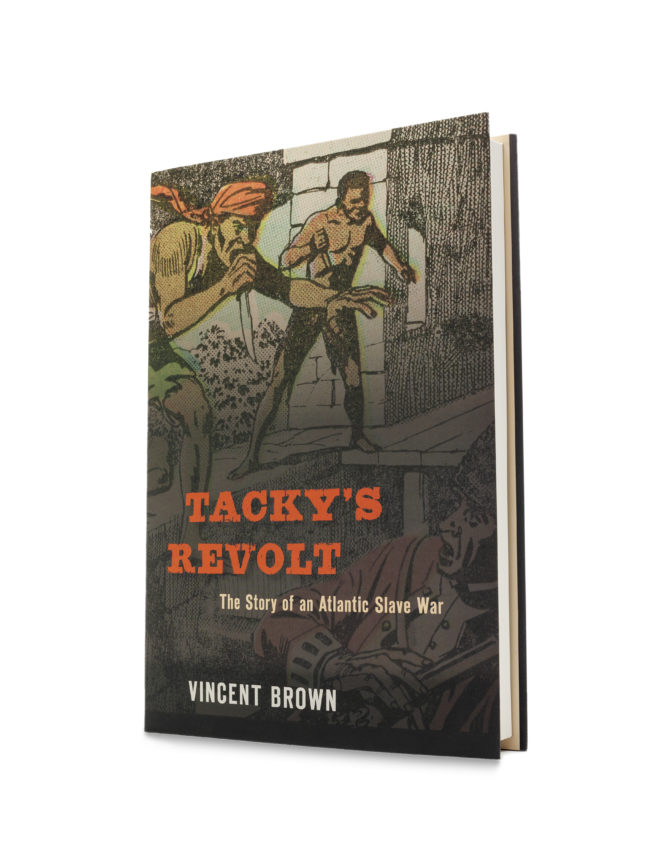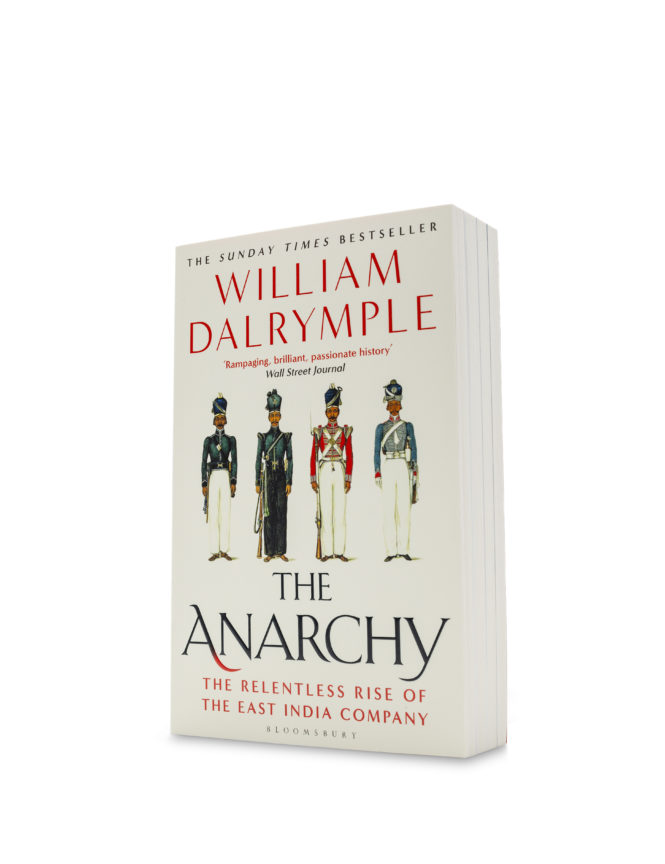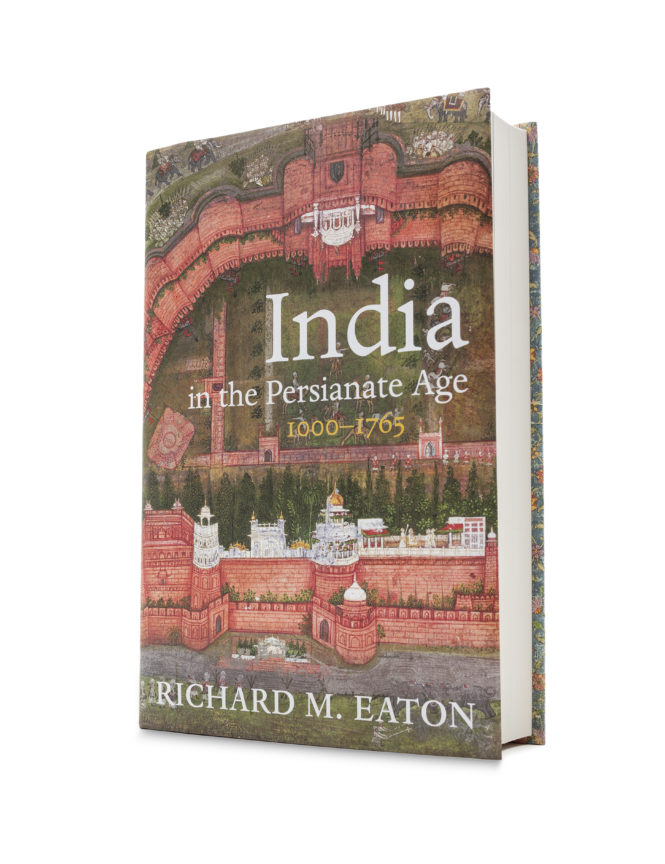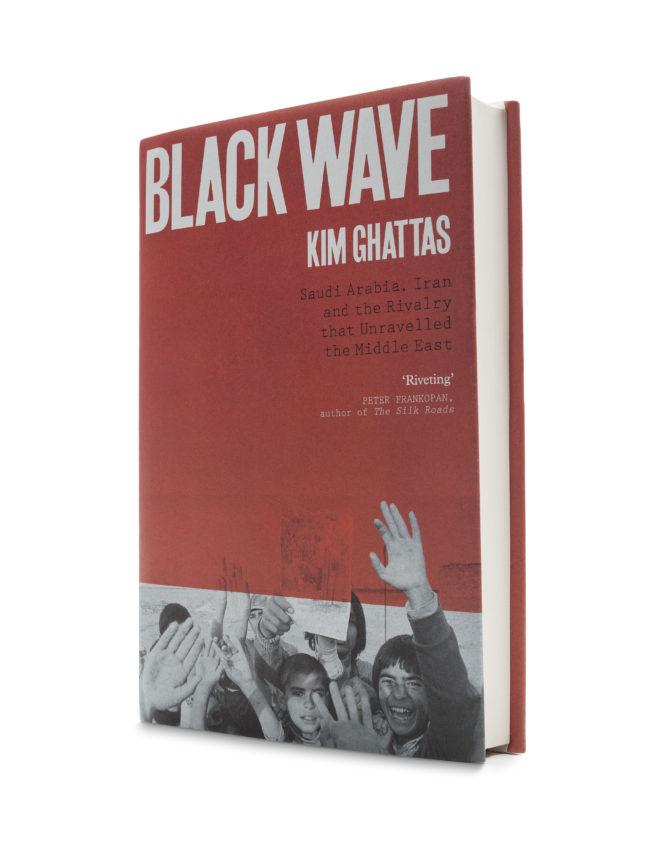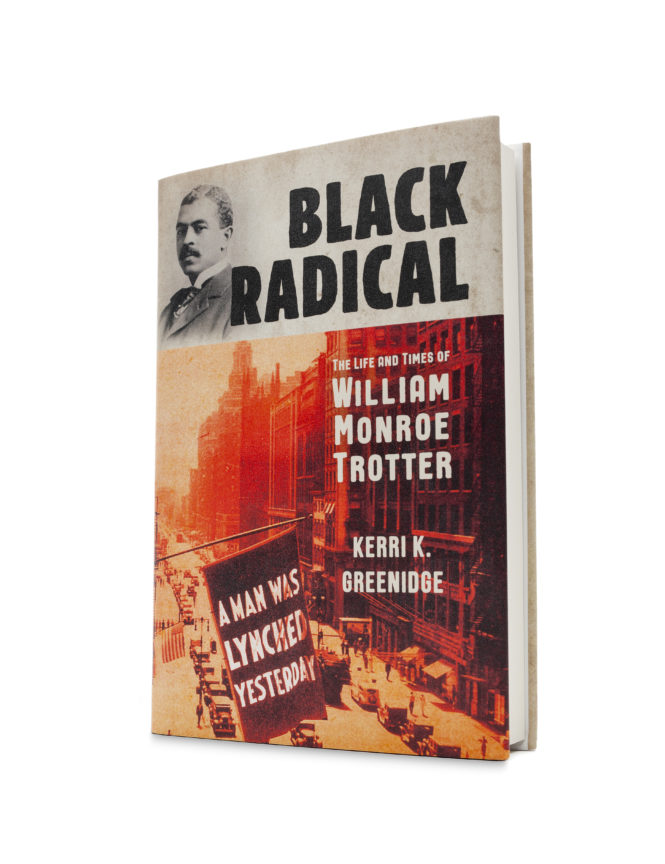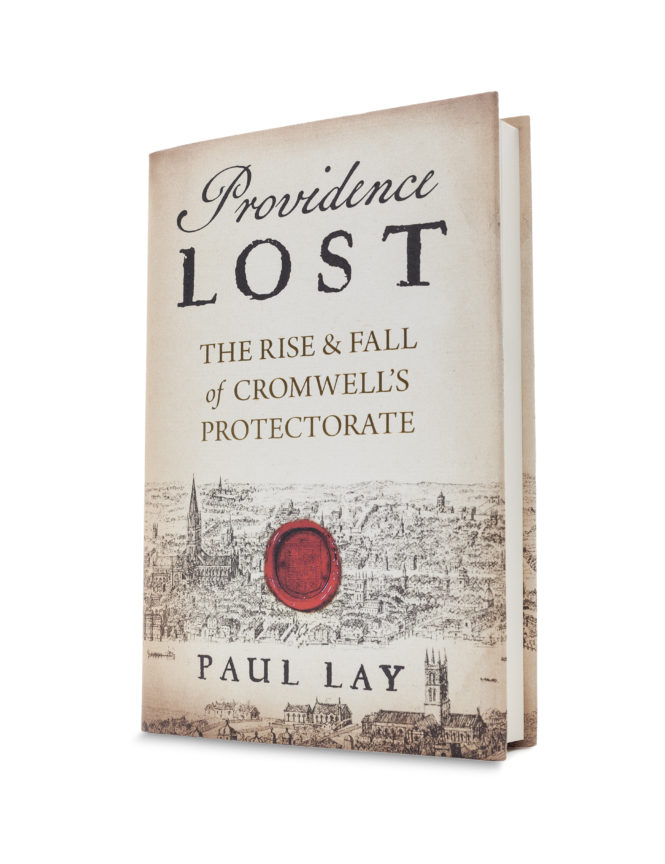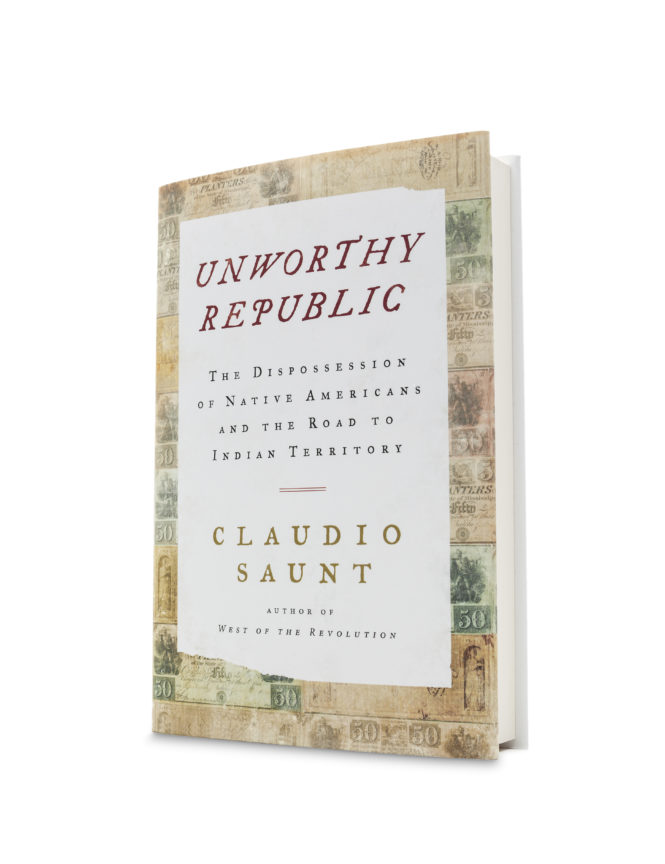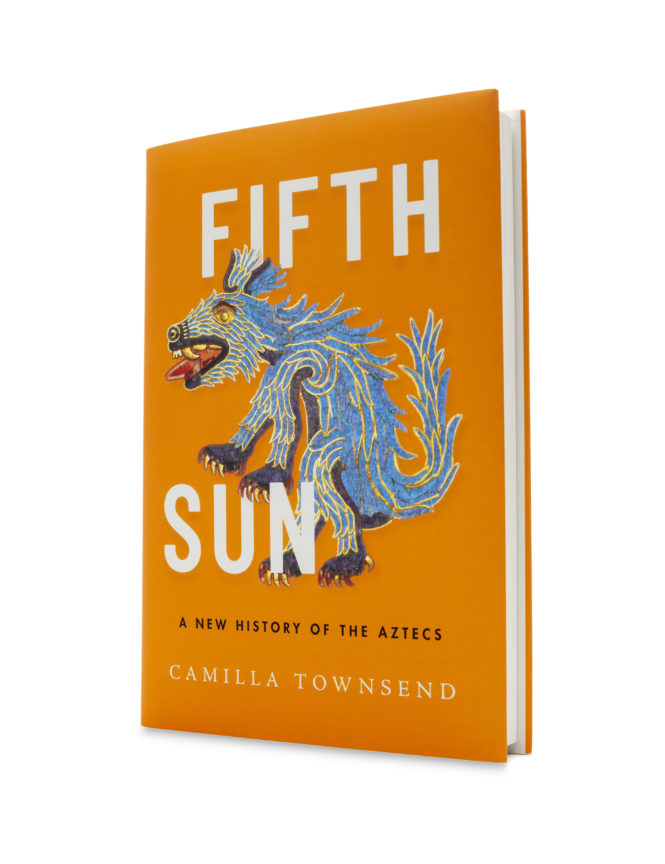Roderick Beaton
Greece: Biography of a Modern Nation
The University of Chicago Press | Penguin
We know ancient Greece, the civilization that shares the same name and gave us much that defines Western culture today. Yet, as financial crises have convulsed Greece repeatedly since 2010, worldwide coverage has revealed just how poorly we grasp the modern nation. This book sets out to understand the modern Greeks on their own terms. How did Greece come to be so powerfully attached to the legacy of the ancients in the first place and then define an identity for itself that is at once Greek and modern?
This book reveals the remarkable achievement, during the last three hundred years, of building a modern nation on the ruins of a vanished civilization — sometimes literally so. This is the story of the Greek nation-state but also, and more fundamentally, of the collective identity that goes with it. It is not only a history of events and high politics; it is also a history of culture, of the arts, of people, and of ideas. Opening with the birth of the Greek nation-state, which emerged from encounters between Christian Europe and the Ottoman Empire, Roderick Beaton carries his story into the present moment and Greece’s contentious post-recession relationship with the rest of the European Union.
Through close examination of how Greeks have understood their shared identity, Beaton reveals a centuries-old tension over the Greek sense of self. How does Greece illuminate the difference between a geographically bounded state and the shared history and culture that make up a nation? A magisterial look at the development of a national identity through history, Greece: Biography of a Modern Nation is singular in its approach. By treating modern Greece as a biographical subject, a living entity in its own right, Beaton encourages us to take a fresh look at a people and culture long celebrated for their past, even as they strive to build a future as part of the modern West.
About the Author
Roderick Beaton is Emeritus Koraes Professor of Modern Greek and Byzantine History, Language and Literature at King’s College London and Commander of the Order of Honour of the Hellenic Republic. He is the author or editor of multiple books, including Byron’s War: Romantic Rebellion, Greek Revolution.
ORDER Roderick Beaton's Greece from indigo, the Canadian retail partner of the Cundill History Prize.
Vincent Brown
Tacky’s Revolt: the Story of an Atlantic Slave War
Belknap Press of Harvard University Press
In the second half of the eighteenth century, as European imperial conflicts extended the domain of capitalist agriculture, warring African factions fed their captives to the transatlantic slave trade while masters struggled continuously to keep their restive slaves under the yoke. In this contentious atmosphere, a movement of enslaved West Africans in Jamaica (then called Coromantees) organized to throw off that yoke by violence. Their uprising — which became known as Tacky’s Revolt — featured a style of fighting increasingly familiar today: scattered militias opposing great powers, with fighters hard to distinguish from noncombatants. It was also part of a more extended borderless conflict that spread from Africa to the Americas and across the island.
Even after it was put down, the insurgency rumbled throughout the British Empire at a time when slavery seemed the dependable bedrock of its dominion. That certitude would never be the same, nor would the views of black lives, which came to inspire both more fear and more sympathy than before. Tracing the roots, routes, and reverberations of this event across disparate parts of the Atlantic world, Vincent Brownoffers us a superb geopolitical thriller. Tacky’s Revolt expands our understanding of the relationship between European, African, and American history, as it speaks to our understanding of wars of terror today.
About the Author
Vincent Brown is the Charles Warren Professor of American History and Professor of African and African American Studies at Harvard University and the author of The Reaper’s Garden, winner of the James A. Rawley Prize, the Louis Gottschalk Prize, and the Merle Curti Award. He has received Guggenheim and Mellon New Directions fellowships, and created an online animated map, Slave Revolt in Jamaica, 1760–1761: A Cartographic Narrative, which has been viewed by 87,000 users in 184 countries. His documentary Herskovits at the Heart of Blackness, broadcast nationally on PBS, won the John E. O’Connor Film Award and was chosen as Best Documentary at the Hollywood Black Film Festival.
ORDER Vincent Brown's Tacky's Revolt from indigo, the Canadian retail partner of the Cundill History Prize.
William Dalrymple
The Anarchy: the Relentless Rise of the East India Company
Bloomsbury Publishing
In August 1765 the East India Company defeated the young Mughal emperor and forced him to establish in his richest provinces a new administration run by English merchants who collected taxes through means of a ruthless private army — what we would now call an act of involuntary privatisation. The East India Company’s founding charter authorised it to ‘wage war’ and it had always used violence to gain its ends. But the creation of this new government marked the moment that the East India Company ceased to be a conventional international trading corporation dealing in silks and spices and became something much more unusual: an aggressive colonial power in the guise of a multinational business. In less than four decades it had trained up a security force of around 200,000 men — twice the size of the British army — and had subdued an entire subcontinent, conquering first Bengal and finally, in 1803, the Mughal capital of Delhi itself. The Company’s reach stretched until almost all of India south of the Himalayas was effectively ruled from a boardroom in London.
The Anarchy tells the remarkable story of how one of the world’s most magnificent empires disintegrated and came to be replaced by a dangerously unregulated private company, based thousands of miles overseas in one small office, five windows wide, and answerable only to its distant shareholders. In his most ambitious and riveting book to date, William Dalrymple tells the story of the East India Company as it has never been told before, unfolding a timely cautionary tale of the first global corporate power.
About the author
William Dalrymple is one of Britain’s great historians and the bestselling author of the Wolfson Prize-winning White Mughals, The Last Mughal, which won the Duff Cooper Prize, and the Hemingway and Kapuscinski Prize-winning Return of a King. A frequent broadcaster, he has written and presented three television series, one of which won the Grierson Award for Best Documentary Series at BAFTA. He has also won the Thomas Cook Travel Book Award, the Sunday Times Young British Writer of the Year Award, and the Foreign Correspondent of the Year at the FPA Media Awards. He is a fellow of the Royal Society of Literature, the Royal Asiatic Society and the Royal Society of Edinburgh, and has held visiting fellowships at Princeton and Brown. He writes regularly for the New York Review of Books, the New Yorker and the Guardian. William lives with his wife and three children on a farm outside Delhi.
ORDER William Dalrymple's The Anarchy from indigo, the Canadian retail partner of the Cundill History Prize.
Richard M. Eaton
India in the Persianate Age: 1000-1765
University of California Press | Penguin
Protected by vast mountains and seas, the Indian subcontinent might seem a nearly complete and self-contained world with its own religions, philosophies, and social systems. And yet this ancient land and its varied societies experienced prolonged and intense interaction with the peoples and cultures of East and Southeast Asia, Europe, Africa, and especially Central Asia and the Iranian plateau. Richard M. Eaton tells this extraordinary story with relish and originality, as he traces the rise of Persianate culture, a many-faceted transregional world connected by ever-widening networks across much of Asia.
Introduced to India in the eleventh century by dynasties based in eastern Afghanistan, this culture would become progressively indigenized in the time of the great Mughals (sixteenth, seventeenth, and eighteenth centuries). Eaton brilliantly elaborates the complex encounter between India's Sanskrit culture — an equally rich and transregional complex that continued to flourish and grow throughout this period — and Persian culture, which helped shape the Delhi Sultanate, the Mughal Empire, and a host of regional states. This long-term process of cultural interaction is profoundly reflected in the languages, literatures, cuisines, attires, religions, styles of rulership and warfare, science, art, music, and architecture — and more — of South Asia.
About the author
Richard M. Eaton has over a long and varied career published a number of ground-breaking books on India before 1800, including major works on the social roles of Sufis, slavery, Indian biography, the growth of Muslim societies along Bengal's eastern frontiers, the social history of the Deccan, and the place of Islam in the sub-continent's history. India in the Persianate Age draws on a lifetime of teaching and research. He is Professor of History at the University of Arizona.
ORDER Richard M. Eaton's India in the Persianate Age from indigo, the Canadian retail partner of the Cundill History Prize.
Kim Ghattas
Black Wave: Saudi Arabia, Iran and the Rivalry that Unravelled the Middle East
Wildfire | Henry Holt & Co
In Black Wave, award-winning journalist and author Kim Ghattas argues that the turning point in the modern history of the Middle East can be located in the toxic confluence of three major events in 1979: the Iranian revolution; the siege of the Holy Mosque in Mecca; and the Soviet invasion of Afghanistan. Before this year, Saudi Arabia and Iran had been working allies and twin pillars of US strategy in the region, but the radical legacy of these events made them mortal enemies, unleashing a process that transformed culture, society, religion and geopolitics across the region for decades to come.
Drawing on a sweeping cast of characters across seven countries over forty years, Ghattas demonstrates how this rivalry for religious and cultural supremacy has fed intolerance, suppressed cultural expression, encouraged sectarian violence, birthed groups like Hezbollah and ISIS and, ultimately, upended the lives of millions. At once bold and intimate, Black Wave is a remarkable and engrossing story of the Middle East as it has never been told before.
About the author
Kim Ghattas is an Emmy-award winning journalist and writer who covered the Middle East for twenty years for the BBC and the Financial Times. She has also reported on the U.S State Department and American politics. She has been published in the Atlantic, the Washington Post and Foreign Policy, and is currently a non-resident scholar at the Carnegie Endowment for International Peace in Washington. Born and raised in Lebanon, she now lives between Beirut and Washington D.C.
ORDER Kim Ghattas' Black Wave from indigo, the Canadian retail partner of the Cundill History Prize.
Kerri Greenidge
Black Radical: the Life and Times of William Monroe Trotter
Liveright Publishing
William Monroe Trotter (1872–1934), though still virtually unknown to the wider public, was an unlikely American hero. With the stylistic verve of a newspaperman and the unwavering fearlessness of an emancipator, he galvanized black working-class citizens to wield their political power despite the violent racism of post-Reconstruction America. For more than thirty years, the Harvard-educated Trotter edited and published the Guardian, a weekly Boston newspaper that was read across the nation. Defining himself against the gradualist politics of Booker T. Washington and the elitism of W. E. B. Du Bois, Trotter advocated for a radical vision of black liberation that prefigured leaders such as Marcus Garvey, Malcolm X, and Martin Luther King Jr.
Synthesizing years of archival research, historian Kerri Greenidge renders the drama of turn-of-the-century America and reclaims Trotter as a seminal figure, whose prophetic, yet ultimately tragic, life offers a link between the vision of Frederick Douglass and black radicalism in the modern era.
About the author
Dr. Kerri Greenidge received her Doctorate in American Studies from Boston University, where her specialty included African-American history, American political history, and African-American and African diasporic literature in the post-emancipation and early modern era. Her research explores the role of African-American literature in the creation of radical Black political consciousness, particularly as it relates to local elections and Democratic populism during the Progressive Era. She has taught at Boston University, the University of Massachusetts, and Emerson College. Her work includes historical research for the Wiley-Blackwell Anthology of African-American Literature, the Oxford African American Studies Center, and PBS. For nine years she worked as a historian for Boston African American National Historical Site in Boston, through which she published her first book, Boston Abolitionists (2006). She is currently interim Director of American Studies at Tufts University, and co-director of the African American Trail Project at the Center for the Study of Race and Democracy (CSRD).
ORDER Kerri Greenidge's Black Radical from indigo, the Canadian retail partner of the Cundill History Prize.
Rashid Khalidi
The Hundred Years’ War on Palestine: a History of Settler Colonialism and Resistance, 1917-2017
Metropolitan Books | Profile Books
In 1899, Yusuf Diya al-Khalidi, mayor of Jerusalem, alarmed by the Zionist call to create aJewish national home in Palestine, wrote a letter aimed at Theodore Herzl: the country had an indigenous people who would not easily accept their own displacement. He warned of the perils ahead, ending his note, “in the name of God, let Palestine be left alone.” Thus Rashid Khalidi, al-Khalidi’s great-great-nephew, begins this sweeping history, the first general account of the conflict told from an explicitly Palestinian perspective.
Drawing on untapped archival materials and the reports of generations of family members — judges, scholars, diplomats, and journalists — The Hundred Years' War on Palestine upends accepted interpretations of the conflict, which tend, at best, to describe a tragic clash between two peoples with claims to the same land. Instead, Khalidi traces a century of colonial war on the Palestinians, waged first by the Zionist movement and then Israel, but backed by Britain and the United States, the great powers of the age. He explores the key events in this war, from the 1917 Balfour Declaration to the destruction of Palestine in 1948, from Israel’s 1982 invasion ofLebanon to the endless, futile peace process. Neither a chronicle of victimization nor a whitewash of mistakes made by Palestinian leaders, this history offers an original and illuminating new view of a conflict that continues to this day.
About the author
Rashid Khalidi is the author of seven books, among them Palestinian Identity, Brokers of Deceit, and The Iron Cage. His writing has appeared in the New York Times, Boston Globe, Los Angeles Times, Chicago Tribune, and many other journals. He is the Edward Said Professor of Modern Arab Studies at Columbia University in New York and editor of the Journal of Palestine Studies.
ORDER Rashid Khalidi's The Hundred Years' War on Palestine on indigo, the Canadian retail partner of the Cundill History Prize.
Paul Lay
Providence Lost: the Rise and Fall of Cromwell’s Protectorate
Head of Zeus
England, 1651. Oliver Cromwell has defeated his royalist opponents in two civil wars, executed the Stuart king Charles I, laid waste to Ireland, and crushed the late king's son and his Scottish allies. He is master of Britain and Ireland.But Parliament, divided between moderates, republicans and Puritans of uncompromisingly millenarian hue, is faction-ridden and disputatious. By the end of 1653, Cromwell has become 'Lord Protector'. Seeking dragons for an elect Protestant nation to slay, he launches an ambitious 'Western Design' against Spain's empire in the New World.
When an amphibious assault on the Caribbean island of Hispaniola in 1655 proves a disaster, a shaken Cromwell is convinced that God is punishing England for its sinfulness. But the imposition of the rule of the Major-Generals –bureaucrats with a penchant for closing alehouses –backfires spectacularly. Sectarianism and fundamentalism run riot. Radicals and royalists join together in conspiracy. The only way out seems to be a return to a Parliament presided over by a king. But will Cromwell accept the crown?
Paul Lay narrates in entertaining but always rigorous fashion the story of England's first and only experiment with republican government: he brings the febrile world of Oliver Cromwell's Protectorate to life, providing vivid portraits of the extraordinary individuals who inhabited it and capturing its dissonant cacophony of political and religious voices.
About the author
Paul Lay is Editor of History Today. He is a fellow of the Royal Historical Society and a trustee of the Cromwell Museum, Huntingdon. Providence Lost is his first book published by Head of Zeus.
ORDER Paul Lay's Providence Lost on indigo, the Canadian retail partner of the Cundill History Prize.
Claudio Saunt
Unworthy Republic: the Dispossession of Native Americans and the Road to Indian Territory
W. W. Norton & Company
A masterful and unsettling history of “Indian Removal,” the forced migration of Native Americans across the Mississippi River in the 1830s and the state-sponsored theft of their lands.In May 1830, the United States formally launched a policy to expel Native Americans from the East to territories west of the Mississippi River. Justified as a humanitarian enterprise, the undertaking was to be systematic and rational, overseen by Washington’s small but growing bureaucracy. But as the policy unfolded over the next decade, thousands of Native Americans died under the federal government’s auspices, and thousands of others lost their possessions and homelands in an orgy of fraud, intimidation, and violence.
Unworthy Republic reveals how expulsion became national policy and describes the chaotic and deadly results of the operation to deport 80,000 men, women, and children. Drawing on firsthand accounts and the voluminous records produced by the federal government, Saunt’s deeply researched book argues that Indian Removal, as advocates of the policy called it, was not an inevitable chapter in U.S. expansion across the continent. Rather, it was a fiercely contested political act designed to secure new lands for the expansion of slavery and to consolidate the power of the southern states. Indigenous peoples fought relentlessly against the policy, while many U.S. citizens insisted that it was a betrayal of the nation’s values. When Congress passed the act by a razor-thin margin, it authorized one of the first state-sponsored mass deportations in the modern era, marking a turning point for native peoples and for the United States.In telling this gripping story, Saunt shows how the politics and economics of white supremacy lay at the heart of the expulsion of Native Americans; how corruption, greed, and administrative indifference and incompetence contributed to the debacle of its implementation; and how the consequences still resonate today.
About the author
Claudio Saunt is Richard B. Russell Professor in American History, Co-Director of the Center for Virtual History, and Associate Director of the Institute of Native American Studies, all at the University of Georgia. He is the author of four books, including Unworthy Republic (2020), West of the Revolution (2014), Black, White, and Indian (2005), and A New Order of Things (1999). He has developed several online projects, including the Invasion of America and Pox Americana. In 2018, he received an NEH Humanities Collections and Reference Resources grant to produce an online, interactive time-lapse map of the African, Native, and European populations in North America between 1500 and 1800.
ORDER Claudio Saunt's Unworthy Republic on indigo, the Canadian retail partner of the Cundill History Prize.
Camilla Townsend
Fifth Sun: A New History of the Aztecs
Oxford University Press USA
In November 1519, Hernando Cortes walked along a causeway leading to the capital of the Aztec kingdom and came face to face with Moctezuma. That story -and the story of what happened afterwards -has been told many times, but always following the narrative offered by the Spaniards. After all,we have been taught, it was the Europeans who held the pens. But the Native Americans were intrigued by the Roman alphabet and, unbeknownst to the newcomers, they used it to write detailed histories in their own language of Nahuatl. Until recently, these sources remained obscure, only partially translated, and rarely consulted by scholars.
For the first time, in Fifth Sun, the history of the Aztecs is offered in all its complexity based solely on the texts written by the indigenous people themselves. Camilla Townsend presents an accessible and humanized depiction of these native Mexicans, rather than seeing them as the exotic, bloody figures of European stereotypes. The conquest, in this work, is neither an apocalyptic moment, nor an origin story launching Mexicans into existence. The Mexica people had a history of their own long before the Europeans arrived and did not simply capitulate to Spanish culture and colonization. Instead, they realigned their political allegiances, accommodated new obligations, adopted new technologies, and endured. This engaging revisionist history of the Aztecs, told through their own words, explores the experience of a once-powerful people facing the trauma of conquest and finding ways to survive, offering an empathetic interpretation for experts and non-specialists alike.
About the author
Camilla Townsend is Distinguished Professor of History at Rutgers University. She is the author of numerous books, including Malintzin's Choices: An Indian Woman in the Conquest of Mexico, Pocahontas and the Powhatan Dilemma, and The Annals of Native America: How the Nahuas of Colonial Mexico Kept Their History Alive (OUP, 2016), which won multiple prizes, among them the Albert J. Beveridge Award awarded by the American Historical Association. She works in numerous languages, including Spanish and Nahuatl.
